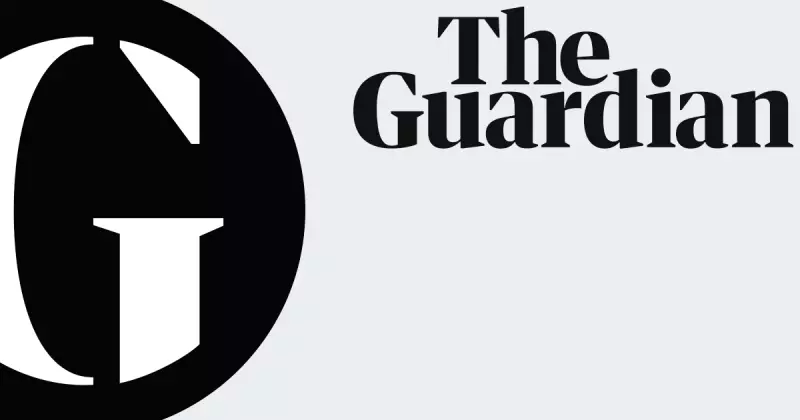
Chancellor Rachel Reeves has deliberately avoided ruling out potential tax increases as she prepares to deliver her crucial autumn budget, creating widespread speculation about the Treasury's fiscal strategy.
The Silence Speaks Volumes
In a series of high-stakes interviews, the Chancellor repeatedly sidestepped direct questions about whether British taxpayers should brace for higher bills. This strategic ambiguity has left Westminster observers and economic analysts reading between the lines of her carefully worded responses.
Economic Pressures Mount
The Treasury faces significant challenges that could necessitate difficult decisions. With public finances stretched and economic growth remaining sluggish, the Chancellor appears to be keeping all options on the table. The avoidance of concrete commitments suggests the budget may contain unwelcome surprises for households and businesses alike.
Political Tightrope Walk
Labour's pre-election promises to maintain fiscal discipline while avoiding major tax rises now face their toughest test. The Chancellor's evasive stance indicates the government is walking a political tightrope, balancing economic reality against electoral commitments.
Political commentators note that this approach allows maximum flexibility in budget preparations while minimising pre-announcement backlash. However, it also risks damaging credibility if the final budget contradicts previous assurances.
What This Means for Households
The uncertainty surrounding potential tax changes creates anxiety for:
- Middle-income families concerned about income tax thresholds
- Business owners worried about corporation tax adjustments
- Property owners fearing changes to capital gains or inheritance taxes
- Pensioners anxious about retirement taxation
As budget day approaches, all eyes remain on the Treasury. The Chancellor's refusal to provide clear assurances suggests the government is preparing for potentially unpopular measures to address the country's fiscal challenges.





